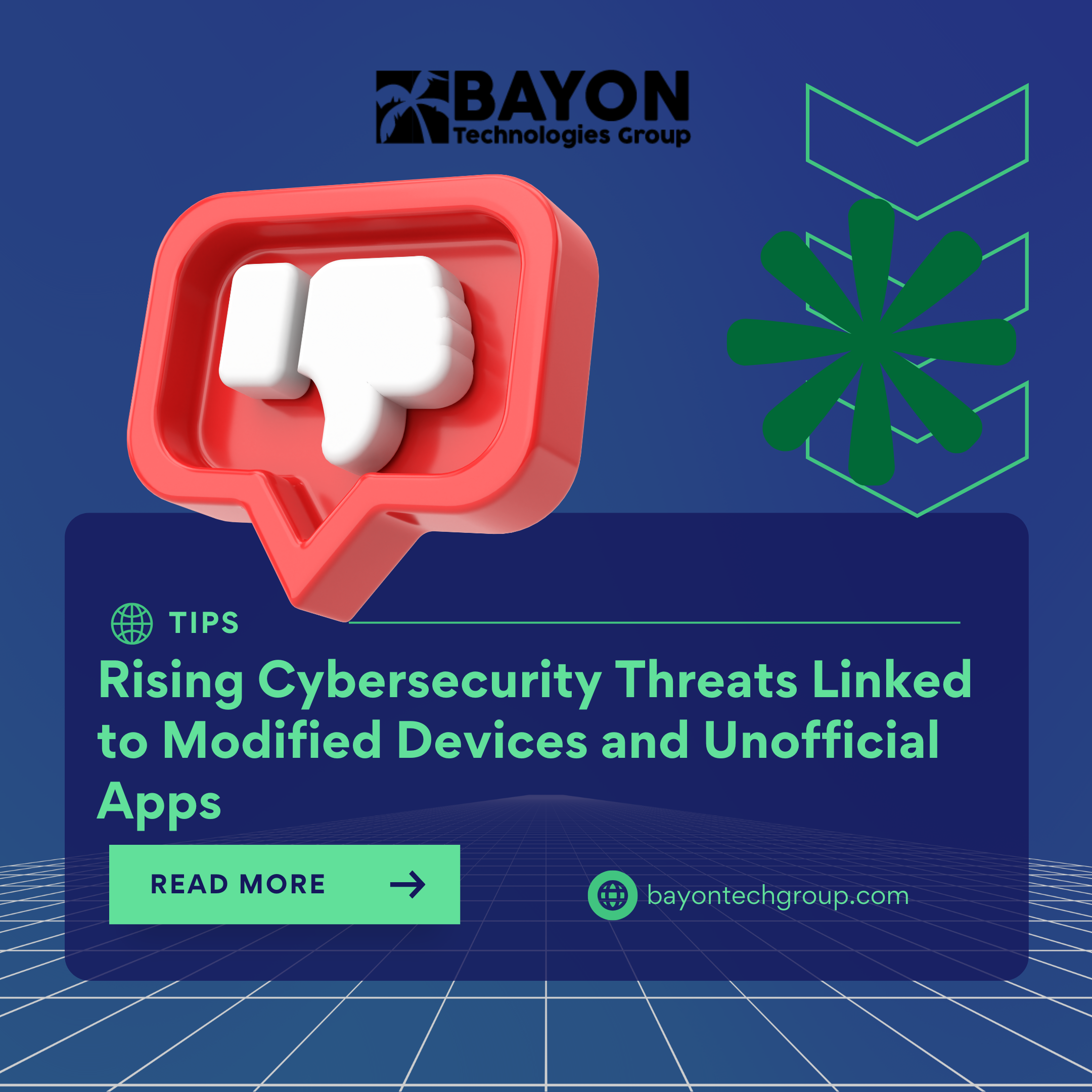Rising Cybersecurity Threats Linked to Modified Devices and Unofficial Apps

Recent cybersecurity reports from 2025 have highlighted alarming vulnerabilities tied to jailbroken devices and unverified third-party applications. These practices, often used to bypass manufacturer restrictions or access unauthorized software, are exposing individuals and organizations to heightened risks of cyberattacks, data breaches, and financial losses. As cybercriminals refine their tactics, understanding these threats and adopting proactive safeguards is critical for maintaining digital security.
The Hidden Dangers of Jailbroken Devices
Jailbreaking—a process that removes manufacturer-imposed limitations on devices—often disables built-in security protocols designed to block malicious activity. While this may grant users more customization, it also strips away critical defenses, leaving devices susceptible to malware, spyware, and unauthorized access. Researchers note a surge in cyber incidents linked to jailbroken smartphones and tablets, with attackers exploiting these weakened systems to steal sensitive data or deploy ransomware. For businesses, compromised employee devices can serve as gateways to corporate networks, risking widespread operational disruption.
Unsafe Third-Party Apps: A Growing Attack Vector
Beyond device modifications, unofficial app stores and unvetted software are increasingly weaponized by threat actors. These platforms often host malicious apps disguised as legitimate tools, which, once downloaded, can hijack user credentials, track keystrokes, or siphon financial information. A 2025 analysis revealed that over 30% of mobile malware infections originated from third-party app repositories. For example, a recent phishing campaign used a spoofed messaging app to distribute ransomware, impacting thousands of users globally. Such incidents underscore the peril of sideloading apps without verifying their authenticity.
How Cybercriminals Exploit These Weaknesses
Attackers are capitalizing on the popularity of jailbreaking and unofficial apps to launch highly targeted campaigns. Techniques include embedding malware in cracked software versions, deploying social engineering tactics to lure users into downloading harmful apps, or exploiting unpatched vulnerabilities in modified devices. The lack of encryption and automatic updates on jailbroken systems further compounds risks, creating long-term exposure to evolving threats.
Mitigating the Risks
To combat these challenges, experts recommend adopting the following practices:
- Avoid device modifications: Preserve built-in security features by refraining from jailbreaking or rooting devices.
- Stick to official app stores: Download apps only from trusted sources like Google Play or Apple’s App Store, which enforce stricter security checks.
- Prioritize updates: Ensure devices and applications are regularly updated to patch vulnerabilities.
- Educate teams: Train employees on recognizing risky behaviors, such as installing unverified software or clicking suspicious links.
- Deploy advanced security tools: Use endpoint detection, multi-factor authentication, and network monitoring to identify and block threats.
Safeguard Your Business with Bayon Technologies Group
As cyber threats grow more sophisticated, partnering with experienced cybersecurity professionals is essential. Bayon Technologies Group offers tailored solutions to protect your organization from emerging risks, including vulnerability assessments, employee training programs, and real-time threat detection systems. Don’t wait for an attack to expose weaknesses—proactively fortify your defenses with cutting-edge strategies designed to keep your data, devices, and networks secure.
By staying informed and prioritizing security, businesses and individuals can confidently navigate the digital landscape. Contact Bayon Technologies Group today to learn how our expertise can help you stay ahead of cybercriminals.
‹ Back







